Does humidity affect arthritis
3 Key Takeaways:
🚀 Many arthritis patients report that they notice a visible and significant difference in their arthritis symptoms with weather changes, especially in humid weather.
🚀 Although there is no solid evidence to prove that local weather and humid weather affect arthritis symptoms differently, patients agree and confirm that it does.
🚀 Dehumidifiers are suggested for homes with arthritis sufferers as they can reduce disease activity as a result of allergens and protect the body.
Arthritis pain levels can be intolerable depending on how bad the condition of the arthritis patients is. A lot of research is going into understanding how weather affects arthritis pain and stiffness and if humid weather changes worsen arthritis pain and stiffness. Several arthritis patients agree that they can notice a visible and significant difference in their arthritis symptoms with weather changes, especially in humid weather.
In this article, let us look into the facts we have and why people with rheumatoid arthritis pain and stiffness feel worse during humid weather, and if there is any significant difference in how the body, blood vessels, blood pressure, and how the joints feel with temperature and barometric pressure changes or it is all just a myth. Let us also look at helpful tips to manage arthritis pain and stiffness and to find relief with higher humidity.
Does high humidity make arthritis pain worse?
More joint pain and more stiffness in higher humidity conditions are common complaints among not just arthritis sufferers but also others. Although there are no solid facts from the arthritis foundation, the American college and American journal suggest that more research is being carried out on those under arthritis care to learn if there is a connection between temperature and barometric pressure changes and arthritis symptoms.
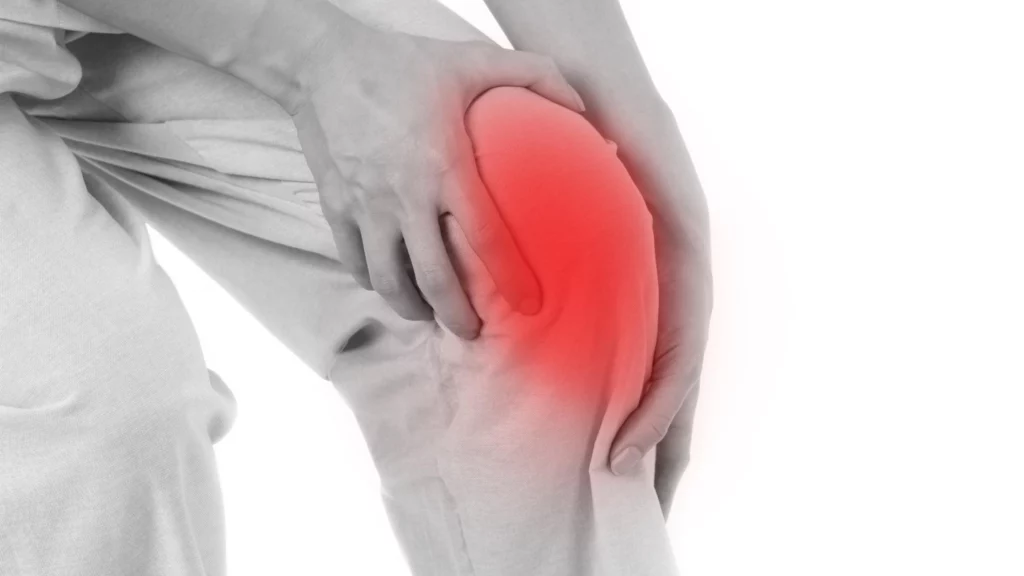
People with arthritis are of different kinds and so is the condition of their increasing pain. However, unanimously all arthritis sufferers aggress that weather changes affect symptoms. When the weather affects arthritis patients, they confirm they notice increased pain and stiffness in joint symptoms, joints feel swollen and stiff, especially in the joint pain in the hands and fingers.
Patients with hip osteoarthritis, rheumatoid arthritis pain, psoriatic arthritis symptoms, etc., all agree that as the humidity rises and the humid conditions of the climate change, they experience more pain than how they feel in their local weather conditions.
Why does humidity increase arthritis pain?
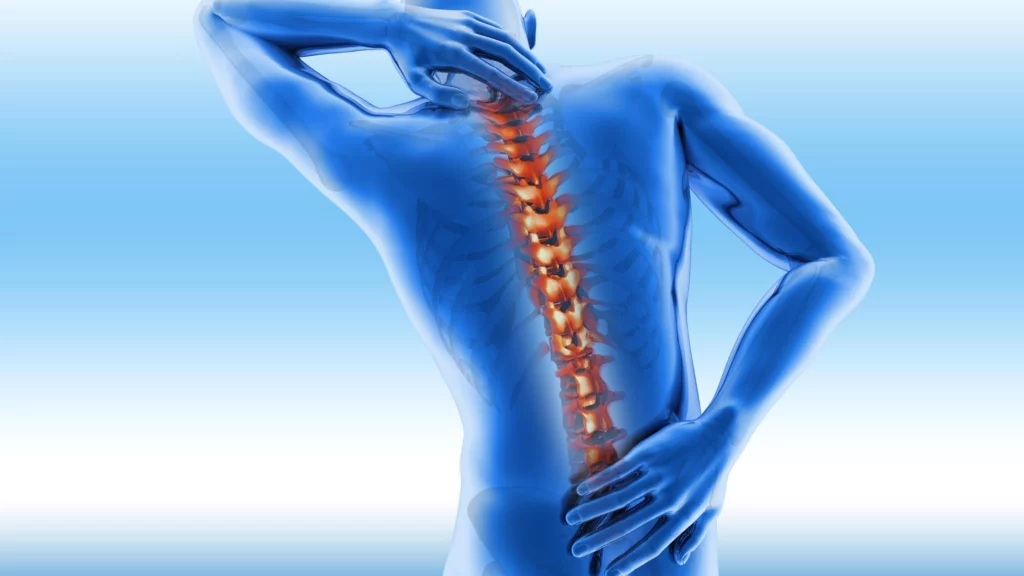
Although there is no solid evidence to prove that local weather and humid weather affect arthritis symptoms differently, the patients agree and confirm that it does. Professional medical advice is to take care and precautions that will reduce symptoms and help arthritis sufferers to find relief from joint pain. The following could be the reasons why weather affects arthritis pain and why humid weather conditions are not ideal for arthritis sufferers.
Barometric pressure
It must be evident that barometric pressure and air pressure changes have a significant role in blood pressure, blood vessels, and how the joints feel. When higher air pressure areas are calm and clear, lower air pressure will cause clouds and rain. A shift in the barometric pressure will lead to the expansion and contraction of tendons, muscles, and any scar tissue, which even Harvard health publishing speaks about.
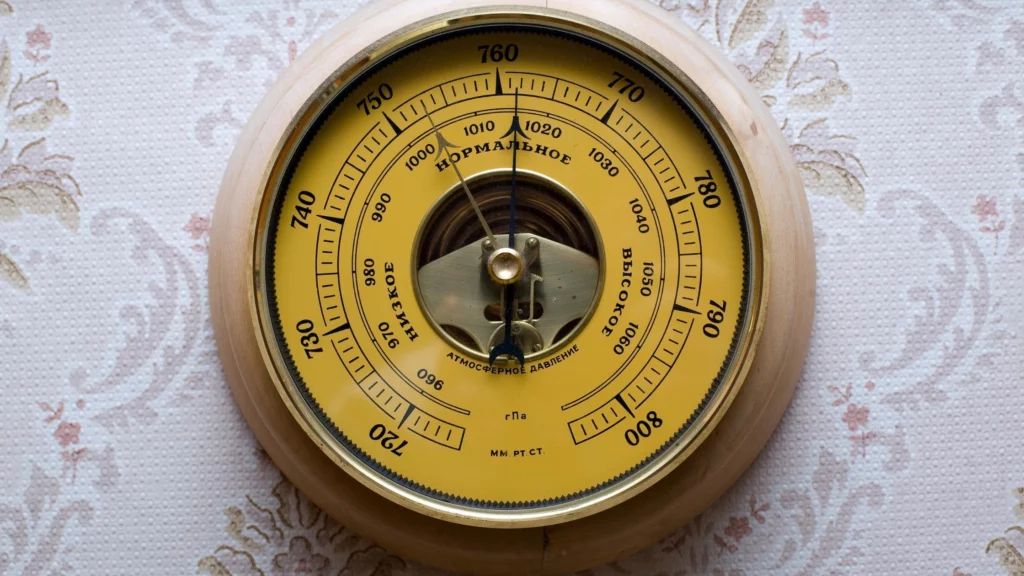
The expansion and contraction of the joints take place in areas with low barometric pressure, it is going to affect arthritis sufferers. This is when arthritis patients complain that they experience more joint pain and stiffness. Sunny days are filled with less pain and humid weather does worsen arthritis pain. The expansion and contraction, or wear and tear of tendons and muscles under low air pressure conditions must be the reason for increased pain in rheumatoid arthritis sufferers and the reason why humid conditions are responsible.
Research suggests that as the humidity rises a change in pain levels is a possibility but not the sole reason of evidence to prove that humid weather affects all people with arthritis, be it psoriatic arthritis or rheumatoid arthritis
Synovial fluid
In correlation to the aforementioned reason, research shows that the condition of the synovial fluid during weather changes can be a reason for experiencing more pain and stiffness or less pain during humid weather or sunny days respectively.
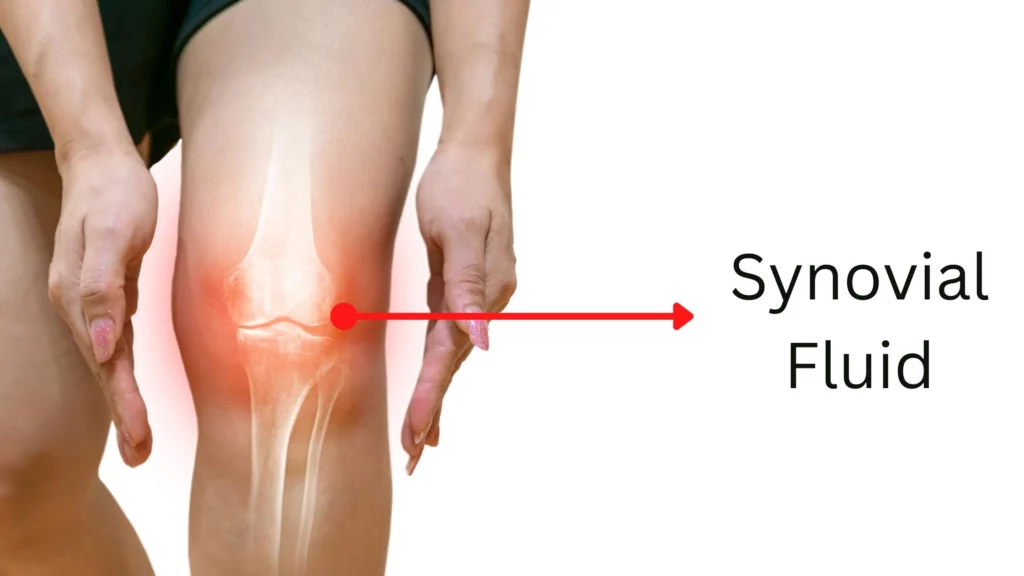
The synovial fluid fills the joints and is responsible for their flexibility and movement. With higher humidity levels, the density and viscosity of the synovial fluid might change. This can also be the reason for more stiffness and more pain and discomfort in humid weather. As the inflammation, swelling, and joint symptoms increase, the patients can notice a significant difference in their daily symptoms.
Physical activity
It is a given that those with severe rheumatoid arthritis cannot stay active at all times. But there can be a decrease in their already existing physical activity during cold weather and temperature. When the activity reduces with cold temperature, the stiffness and joint pain will also increase.

Humid weather, cold, and rain can make the body feel idle. With a reduction in activity during cold weather, the daily symptoms might lead to flare-ups making the patients feel worse than they already do. This can lead to an indirect increase in the swelling and inflammation of joints.
Mood swings

Another research suggests that cold and dry weather impacts one’s state of mind. A person’s mood swings and mental health might not be at the best with cold temperatures, especially when it leads to several days at length. When the mood is affected, how people with rheumatoid arthritis handle joint symptoms can be different.
Where is the best place to live with arthritis?
Since there is no solid evidence or studies to prove weather and arthritis symptoms, one cannot conclude which is the best place to live to reduce symptoms. However, from the experience of patients with weather and joint pain symptoms, it can be said that areas or cities with continually cold temperatures should be avoided.
How to ease arthritis pain in hot humid weather?
Taking care of your body in hot and humid weather is important. Here are 3 helpful tips that can help arthritis sufferers in humid weather according to the Arthritis foundation.
- People with arthritis should never skip their treatment plan. Follow to T all the treatment measures that your physician suggests.
- It is important to stay active, both in body and mind. Patients are advised to stay active within limits and what their treatment suggests, which might include exercises. Those with osteoarthritis, rheumatoid arthritis, and psoriatic arthritis might have different levels of exercise based on their condition. Remember to stay active to keep inflammation and swelling at bay.
- It is a must to take all prescribed medicine without fail. Painkillers and medication approved by the Arthritis Foundation can be of help to manage joint pain and joint symptoms in any humid weather conditions.
Would a dehumidifier help arthritis?
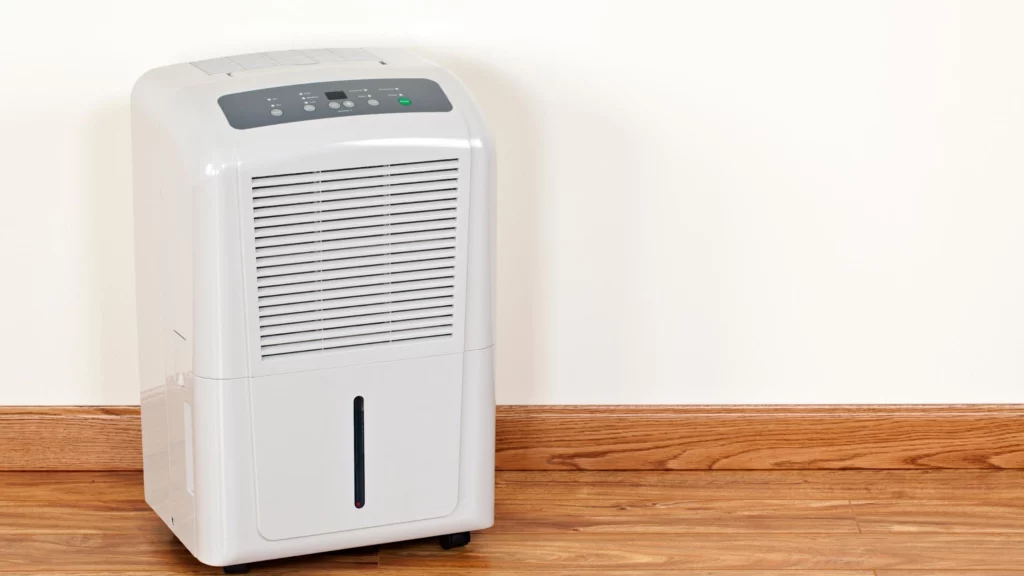
Using a dehumidifier is recommended to have effective control over humidity and disease control. Dehumidifiers are the best devices that can reduce disease activity as a result of allergens and protect the body. If you are looking for disease control over the pathogens in the air you can bank on a dehumidifier. Since humid weather can increase arthritis symptoms, using a dehumidifier is suggested for homes with arthritis sufferers.
FAQ Section
1. What causes arthritis
Rheumatoid arthritis is the inflammation and swelling of joints. This is usually a result of a fault with the immune system, that attacks its own body, tissues, and joints. Certain metabolic conditions like Gout can also result in rheumatoid arthritis. The Arthritis Foundation recommends providing the proper arthritis care for patients.
2. Does humidity affect arthritis in dogs
Changes in humidity can affect dogs just as humans, causing an expansion and contraction of the scar tissues, muscles, tendons, and joints. This can make joint pain from arthritis worsen during humid weather.
3. Is arthritis worse in summer or winter?
Cold and dry weather in comparison to the local weather certainly affects arthritis symptoms. Humid weather changes can worsen joint pain when compared to summer.
4. Is CBD oil good for arthritis?
More research is being carried out into studying the effectiveness of CBD oil for chronic joint pain. However, this has been proved only in animal studies. There is no concrete study done on humans to prove that changes in barometric pressure increase inflammation and swelling in joints, which can be managed with CBD oil.
5. What is the difference between arthritis and osteoarthritis?
Osteoarthritis is the wearing and tearing away of the caps and cartilage that cover the joints. Osteoarthritis is the most common form of arthritis among patients.
Rheumatoid arthritis is an immune system disease where the system attacks the joints.
Wrapping Up
Arthritis Foundation is highly supportive of providing the right information to study the disease and giving the right care to patients. We trust the article helped you understand how humidity affects joint pain in arthritis. Share with us what you or your family members have to convey about arthritis and humidity. Let us create awareness to help arthritis sufferers manage the disease effectively.

About The Author
Olivia — a self-confessed air quality addict — is a home climate enthusiast, fresh air advocate, and someone with deep personal experience and knowledge about mold extermination. Her work was mentioned in countless notable humidity publications. Previously she was an editor at Mold Remediation.